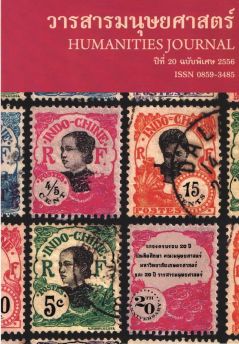Evaluating Brand Equity in Public Health Campaigns
Main Article Content
Abstract
Brand equity has become one of the key concepts used for
evaluating commercial brands widely by marketing communications
practitioners. However, its role for evaluating public health campaigns
has rarely been established. Therefore, this study is aimed to use brand equity as a framework for evaluating public health campaigns. The three national public health campaigns in Thailand for reducing alcohol consumption among Thai youth were purposively selected in this study. They included “MAO MAI KUB” (Don’t Drive Drunk), “NGOD LAO KAO PUNSA” (No Drink in the period of Buddhist Lent Festival), and “RUBNONG PLAUD LAO” (No Drink in freshman initiation activities). The empirical results after simple regression analysis in all three campaigns showed that campaign message exposures from marketing
communications tools had a significantly positive relationship with brand equity. Besides, the findings from binary logistic regression analysis in all
three campaigns also indicated that brand equity affected alcohol consumption among Thai youth significantly. This study suggests that brand equity can be used as a valuable framework for evaluating the outcome of public health campaigns effectively.


